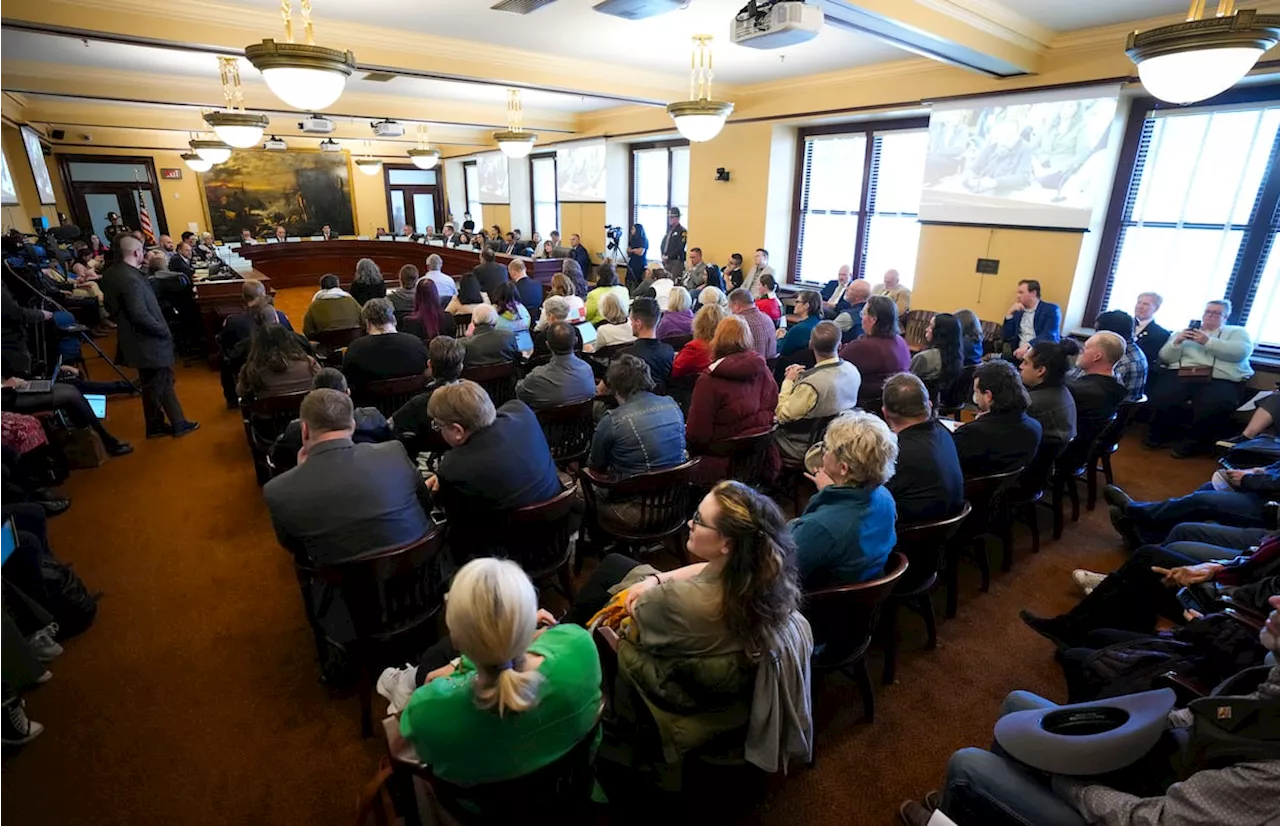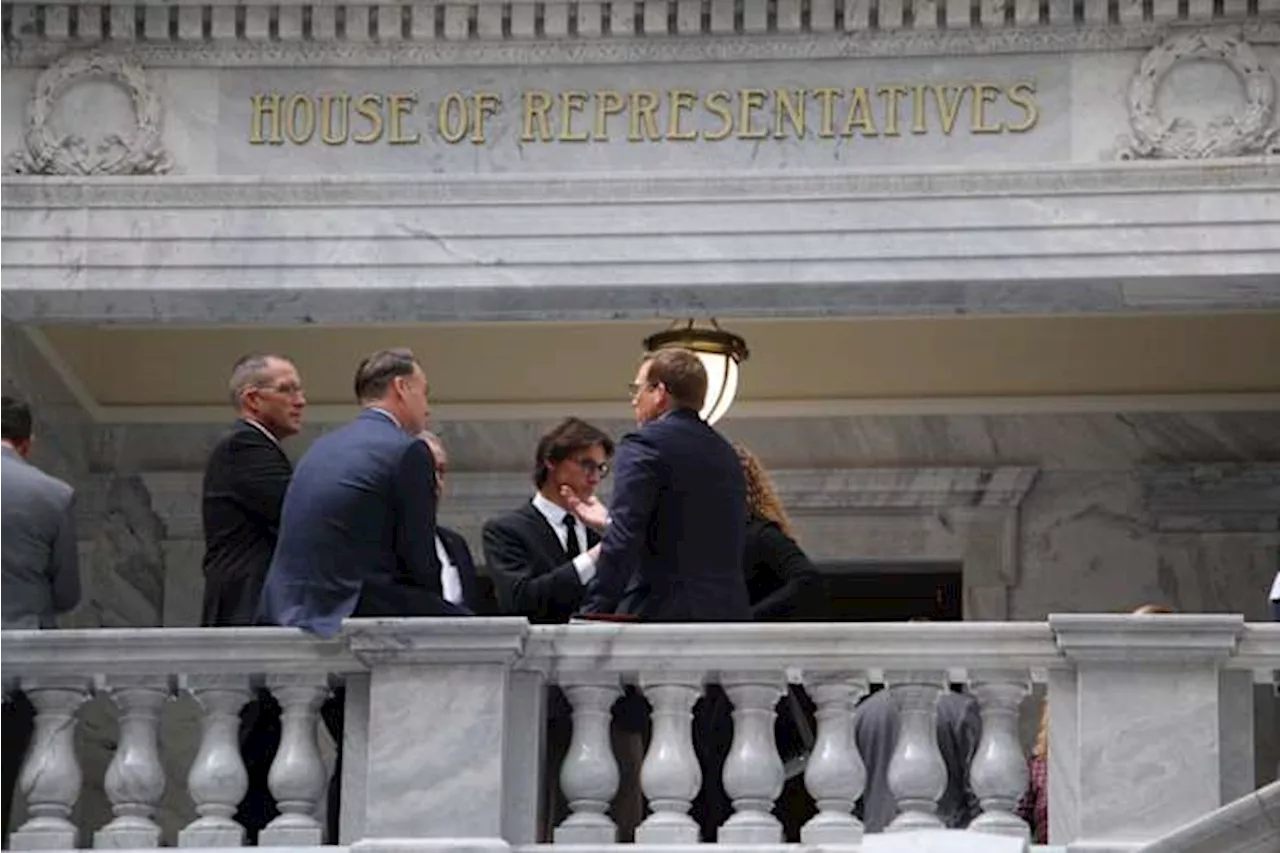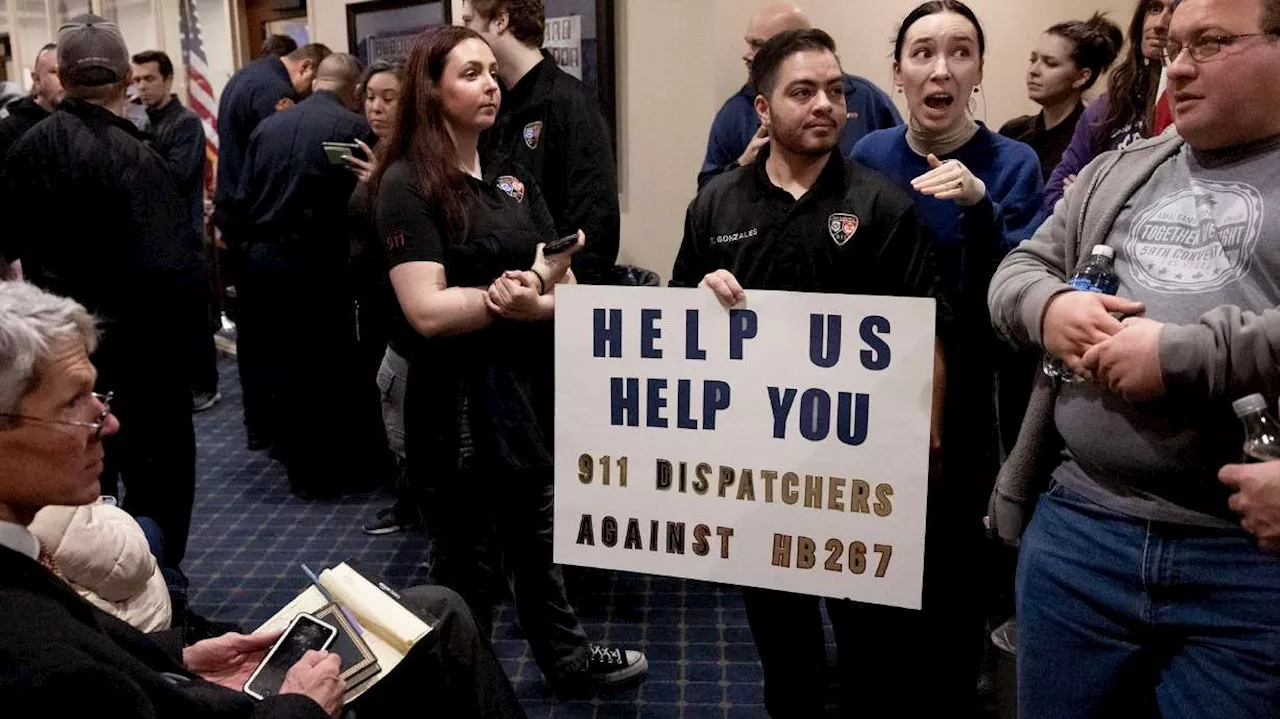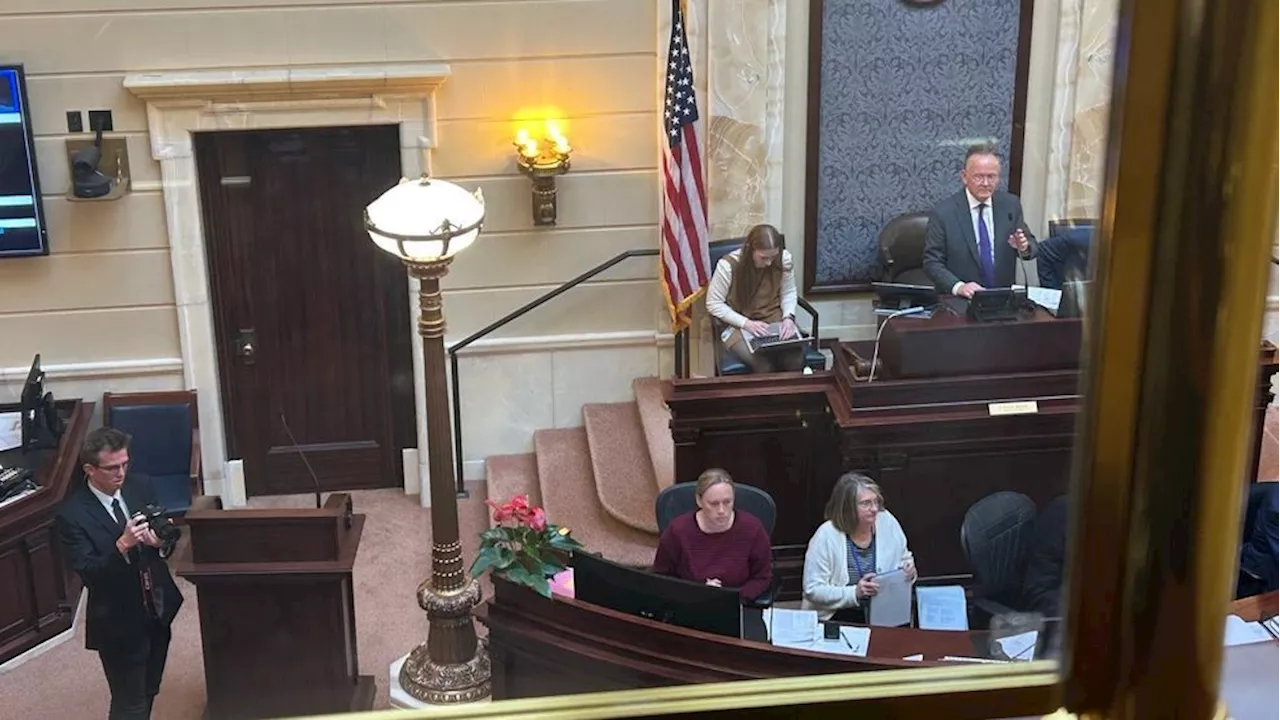In a contentious vote, the Utah Senate approves a bill eliminating collective bargaining rights for public employees, despite facing strong opposition from labor unions.
The Utah Senate narrowly passed a controversial labor bill on Thursday, February 6, 2025, ending collective bargaining rights for public employees . The bill passed with a 16-13 vote, with a handful of Republican senators voting against it. This decision comes amidst strong opposition from labor unions representing teachers, firefighters, and police officers.
Senate Majority Leader Kirk Cullimore argued that collective bargaining pits public employees against each other in negotiations, ultimately harming taxpayers. He emphasized that the measure does not affect private sector employees. Senator Kathleen Riebe, a Democrat representing Salt Lake County, expressed the concerns of her constituents, stating that she had received thousands of emails opposing the bill. While union members packed the Capitol last week in anticipation of the vote, their presence was less pronounced during the final debate. Senator Daniel Thatcher, a Republican from West Valley, voiced reservations, acknowledging that rank-and-file members struggled to understand the rationale behind the bill and viewed it as punitive. He expressed concerns about the potential impact on worker morale and trust. Cullimore defended the bill, stating that it merely re-centers the taxpayer in wage negotiations for public employees and that the government would continue to support and respect their work
Collective Bargaining Labor Unions Public Employees Utah Senate Politics
United States Latest News, United States Headlines
Similar News:You can also read news stories similar to this one that we have collected from other news sources.
 Utah Lawmakers Advance Bill to Ban Public Sector Collective BargainingA bill advancing in Utah would prohibit collective bargaining in all public sectors, a move experts say would create one of the most restrictive labor laws in the country. The proposal by Republican Rep. Jordan Teuscher has sparked heated debate, with opponents arguing it would harm working conditions and weaken employee voices, while proponents claim it would promote fiscal responsibility and efficiency.
Utah Lawmakers Advance Bill to Ban Public Sector Collective BargainingA bill advancing in Utah would prohibit collective bargaining in all public sectors, a move experts say would create one of the most restrictive labor laws in the country. The proposal by Republican Rep. Jordan Teuscher has sparked heated debate, with opponents arguing it would harm working conditions and weaken employee voices, while proponents claim it would promote fiscal responsibility and efficiency.
Read more »
 ‘The disrespect’: Utah bill to end collective bargaining for public workers moves forward despite union oppositionUnion representatives from across Utah packed into the state Capitol on Thursday afternoon to protest HB267, a bill aimed at banning collective bargaining for public employees.
‘The disrespect’: Utah bill to end collective bargaining for public workers moves forward despite union oppositionUnion representatives from across Utah packed into the state Capitol on Thursday afternoon to protest HB267, a bill aimed at banning collective bargaining for public employees.
Read more »
 Utah Lawmakers Advance Bill Banning Public Sector Collective BargainingUtah Republicans aim to curb union influence in public service by proposing a bill that would eliminate collective bargaining rights for teachers, transit workers, law enforcement, and other public employees. Critics argue the measure will weaken teachers' voices and harm working conditions, while proponents say it will empower individual workers and promote direct communication with employers.
Utah Lawmakers Advance Bill Banning Public Sector Collective BargainingUtah Republicans aim to curb union influence in public service by proposing a bill that would eliminate collective bargaining rights for teachers, transit workers, law enforcement, and other public employees. Critics argue the measure will weaken teachers' voices and harm working conditions, while proponents say it will empower individual workers and promote direct communication with employers.
Read more »
 Bill to ban public sector collective bargaining has one step left in the Utah LegislatureAfter passing through the state House, a bill that would prohibit collective bargaining for public sector labor unions was advanced through a Senate committee on Wednesday.
Bill to ban public sector collective bargaining has one step left in the Utah LegislatureAfter passing through the state House, a bill that would prohibit collective bargaining for public sector labor unions was advanced through a Senate committee on Wednesday.
Read more »
 Utah Public Employee Unions Protest Bill Limiting Collective Bargaining RightsHundreds of union members demonstrate against a bill that seeks to restrict collective bargaining rights for public employees in Utah.
Utah Public Employee Unions Protest Bill Limiting Collective Bargaining RightsHundreds of union members demonstrate against a bill that seeks to restrict collective bargaining rights for public employees in Utah.
Read more »
 Utah Lawmakers Scrap Public Union Compromise, Move to Again Ban Collective BargainingUtah legislators abandoned efforts Wednesday to compromise on HB267, restoring a sweeping prohibition on collective bargaining for public employees in the latest bill draft. Lawmakers had earlier removed an outright ban but the updated bill would still require public sector unions to undergo a 'recertification election' every five years. Facing opposition from unions and public outcry, lawmakers reverted to the original intent of the bill, barring public employers from recognizing labor organizations as bargaining agents and entering into collective bargaining contracts.
Utah Lawmakers Scrap Public Union Compromise, Move to Again Ban Collective BargainingUtah legislators abandoned efforts Wednesday to compromise on HB267, restoring a sweeping prohibition on collective bargaining for public employees in the latest bill draft. Lawmakers had earlier removed an outright ban but the updated bill would still require public sector unions to undergo a 'recertification election' every five years. Facing opposition from unions and public outcry, lawmakers reverted to the original intent of the bill, barring public employers from recognizing labor organizations as bargaining agents and entering into collective bargaining contracts.
Read more »
